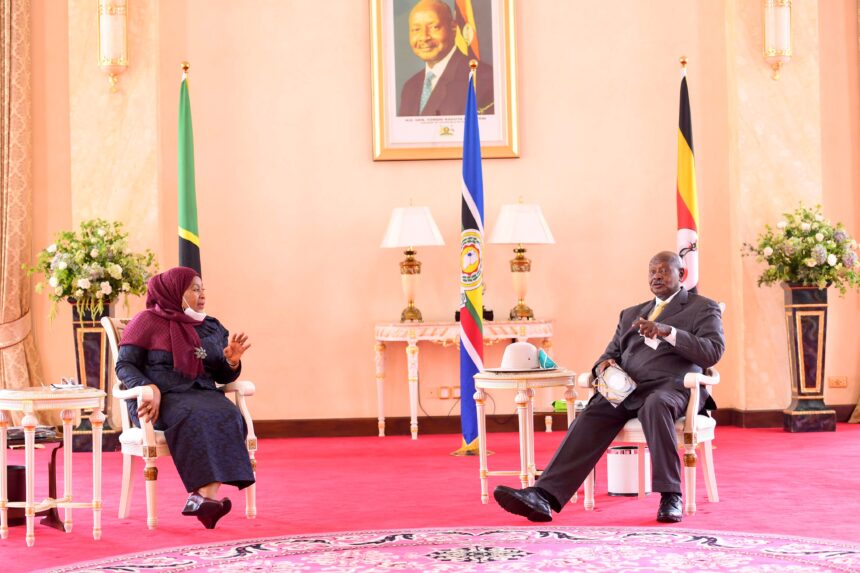In a recent development, Uganda has made a significant decision to opt for Tanzania’s Dar es Salaam port as its primary hub for oil imports, a move that has generated considerable attention and discussion. This decision comes on the heels of a diplomatic disagreement between Uganda and Kenya, resulting in a fallout that prompted Uganda to seek alternative options.
The Ugandan government, in partnership with Vitol Bahrain E.C., a prominent Bahrain-based company, has chosen the Dar es Salaam port to import oil. This choice is part of a broader effort to foster stronger economic relations between Tanzania and Uganda. Notably, Vitol Bahrain E.C. secured a permit from the Uganda National Oil Company (UNOC) to supply oil in Uganda, marking a crucial step in the decision-making process.
Uganda currently relies on Kenya for 90 percent of its fuel imports, but recent developments have led to dissatisfaction with this arrangement. Uganda argues that Kenya abandoned a transparent and price-competitive open tendering system for a Gulf deal without prior consultation, which strained their relationship. This dissatisfaction came to the fore when Uganda was kept in the dark about the government-to-government fuel deal between Kenya and two Gulf nations.
During meetings held recently, representatives from Uganda’s Ministry of Energy, the Uganda National Oil Company (UNOC), and Kenyan oil marketers expressed concerns about the vulnerability of Uganda’s fuel supplies and the impact on citizens who faced rising pump prices due to the Gulf deal initiated by Kenya.
Uganda’s Energy and Mineral Development Minister, Dr. Ruth Nankabirwa Ssentamu, disclosed that UNOC and Vitol Bahrain E.C. have entered into a five-year contract. Vitol Bahrain E.C. will be the primary financier of this partnership, providing a working capital facility supported by its global balance sheet. The company will also work closely with UNOC to ensure competitive pricing of petroleum products. Furthermore, Vitol Bahrain E.C. has committed to financing the expansion of storage capacity in partnership with UNOC, adding 320 million liters of storage at Namwambula, Mpigi.
Dr. Nankabirwa praised Vitol Bahrain E.C. as a strong partner with a significant turnover, highlighting its status as an independent global trader with a robust regional presence. She emphasized the company’s commitment to strengthening UNOC’s capabilities.
Earlier in the year, the Ugandan government decided to have UNOC play a more substantial role in enhancing the country’s stock-holding levels of petroleum products, contributing to the stabilization of consumer and retail fuel prices. This initiative is part of the implementation of the revised 2003 Petroleum Supply Law in 2023.
Dr. Nankabirwa, leading a special delegation from President Yoweri Kaguta Museveni to Tanzania on November 5, 2023, expressed gratitude to President Samia Hassan Suluhu’s leadership and pledged cooperation between the two nations in the energy sector.
Uganda’s choice of the Dar es Salaam port was influenced by the port’s efficiency and its well-established system for importing petroleum and gas energy. The government believes that this decision will ensure the availability of oil not only in Uganda but also throughout the East African region.
Additionally, Uganda’s strategic decision offers the country an opportunity to compete with Kenya in the South Sudan, Rwanda, and Congo DR fuel markets, further shaping the regional dynamics of oil trade and supply.


